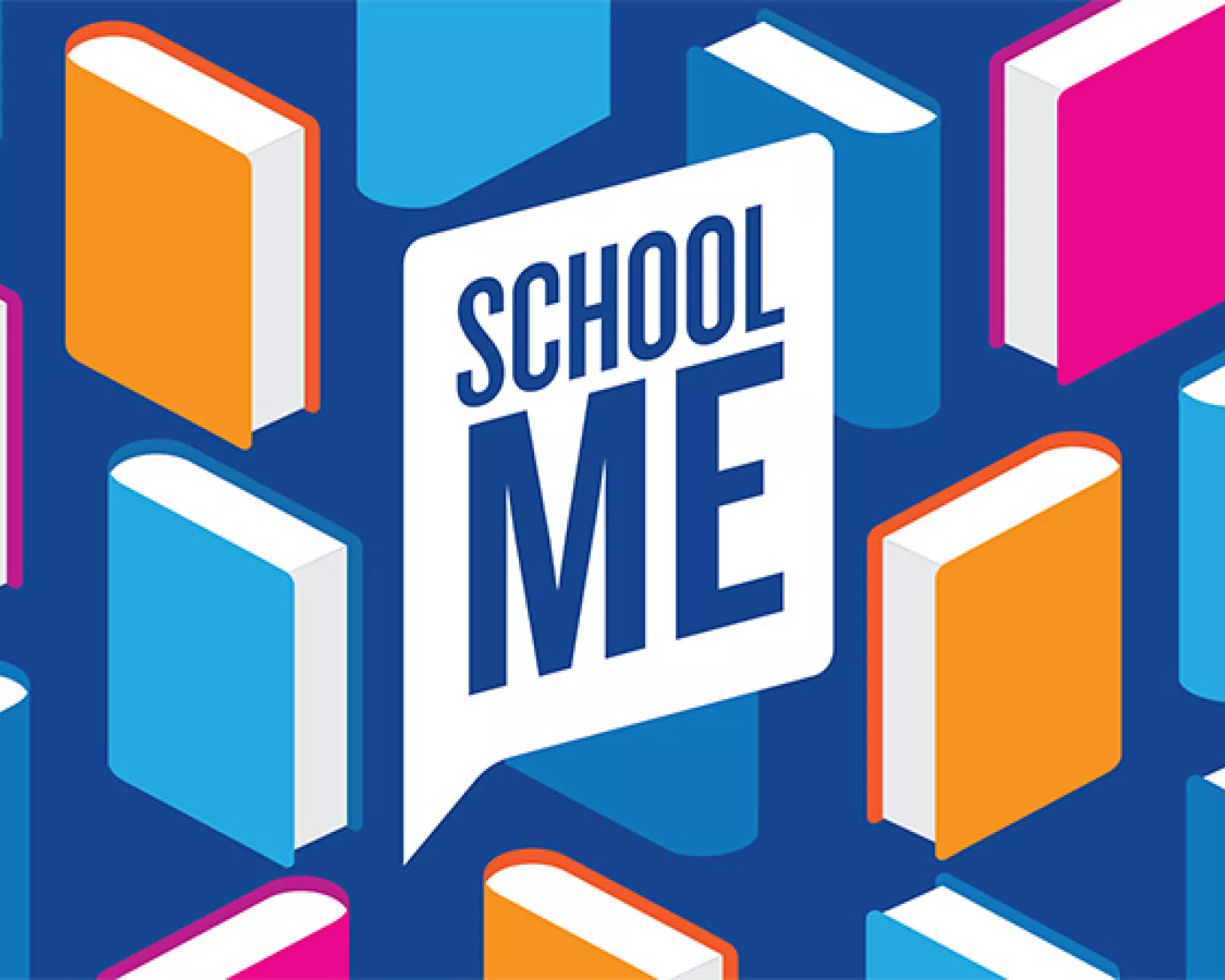Transcript
Transcripts are auto-generated
Hello and welcome to School Me, the National Education Association's podcast dedicated to helping educators thrive at every stage of their careers.
Today we have something a bit different to share—an audio feature from the talented team at NEA Today magazine.
Senior Writer Mary Ellen Flannery recently recorded a story about an outdoor pre-kindergarten program that is bound to make you smile.
So stay tuned for this quick 5 minute story about this unique class of students who are truly blazing trails at their Maine public school.
WOMAN, singing: I’m wondering if you’ll come wandering with me, through the wilderness and woods where the wind is blowing free, past the maples and the oaks and all the other trees… SAME WOMAN, speaking: When this position became open, they really wanted it to be an outdoor nature-based preschool and it felt like the job description was made for me exactly. I couldn’t resist the idea of being outside every single day. NARRATOR: That was the amazing Heather Bowen -- lead teacher for the outdoor, nature-based pre-K at Camden-Rockport Elementary School in Maine. I’m Mary Ellen Flannery with NEA Today and when I heard about Maine’s first public outdoor pre-K, I knew I had to visit. I’ve been in hundreds of schools and I’ve never been in a classroom like this. BOWEN, singing: I’m wondering if you’ll come wandering with me… [TRANSITION to NEW SONG with BOWEN and CHILDREN]: Good morning, Aidan, good morning, Hazel, good morning to you. Good morning, Reed, good morning, Sam, it’s nice to see you. FLANNERY: The pre-K day starts at 7:30 in an indoor classroom. The 4-year-olds are cracking open chestnuts, drawing maple leaves. They’ve got blocks, they’ve got clay, they’ve got crayons. At around 9:15, they put all that stuff away and get ready to go outside. VARIOUS CHILDREN: I gotta go potty. Potty? I gotta go potty. I don’t need to go! FLANNERY: After potty, they get dressed. BOWEN: If you have your rain pants, if you have your backpack, if you have your coat, you may come with me. FLANNERY: Ms. Heather and the kids go outside every day for about three hours. And today, it’s gorgeous. It’s late September. It’s 60-something degrees. But this is Maine. It rains in the fall. It snows in the winter. It’s muddy all the time. BOWEN: I wrote a grant my first year for extra rain pants, extra rain coats, and boot—rain boots and snow boots—because I think that’s a piece of equity that I have to be really mindful of, that not everybody has access to the money it costs for really good outdoor gear. [BACKGROUND SOUND: Kid’s high voices, “hi guys,” water buckets banging, stream burbling.] BOWEN: The first few weeks of school were really, really rainy. The summer was really rainy this year, the beginning of school was really rainy. We brought them out in all their gear and they didn’t mind a bit. They hardly addressed the fact it was raining, which I think is really interesting. FLANNERY: The pre-K forest is down a hill behind the elementary school. Inside the forest under the trees, there’s a wooden deck with tables and stools for snack time. There’s a circle of tree stumps for song time. There’s an open-air kitchen made of logs, jammed with muffin tins and teapots. There’s also a shallow stream burbling through. The kids choose what they want to do. Some are painting. Some are in the stream and using lengths of roof gutter to move the water around. Some are pretending to be vampires. CHILD: I’m not a vampire anymore! ANOTHER CHILD: I’m going to paint! But I’m going to paint on the rocks! THIRD CHILD: Can you get that downspout for me? BOWEN, excited: You found something in the log? CHILD, excited: Oh! There’s a ton of animals! BOWEN: Oh! Look at that! What are those? CHILD: What are the golden things? BOWEN: I don’t know! CHILD: Is it like a “conony”? Like that? BOWEN: Like a colony? CHILD: Um-hm. BOWEN: What does that mean, a colony? CHILD: It means groups. FLANNERY: Ms. Heather has learning objectives. The state of Maine wants 4-year-olds to learn to self-regulate and build relationships. There’s fine motor skills and gross motor skills. Early math. Self-expression. All of this happens under the trees, plus more. BOWEN, to narrator: There are so many non-specific skills that are going to make school so much easier for them next year. And that’s what we’re finding. These kids function really well in the classroom. They can ask for help. They can advocate for themselves. They can problem solve on kind of a different level. BOWEN, to children: Now do you remember that story we read about the log that fell down, the tree that fell down? And how [STUDENT VOICE: Aidan, don’t do that! Move!] all the creatures turned it back into soil. Look inside. Look at that. CHILD: Is that soil? BOWEN: What do you think? Feel it. CHILD, excited: Soil! BOWEN singing: I’m wondering if you’ll come with me, through the wilderness and woods, where the wind is blowing free [FADE].







